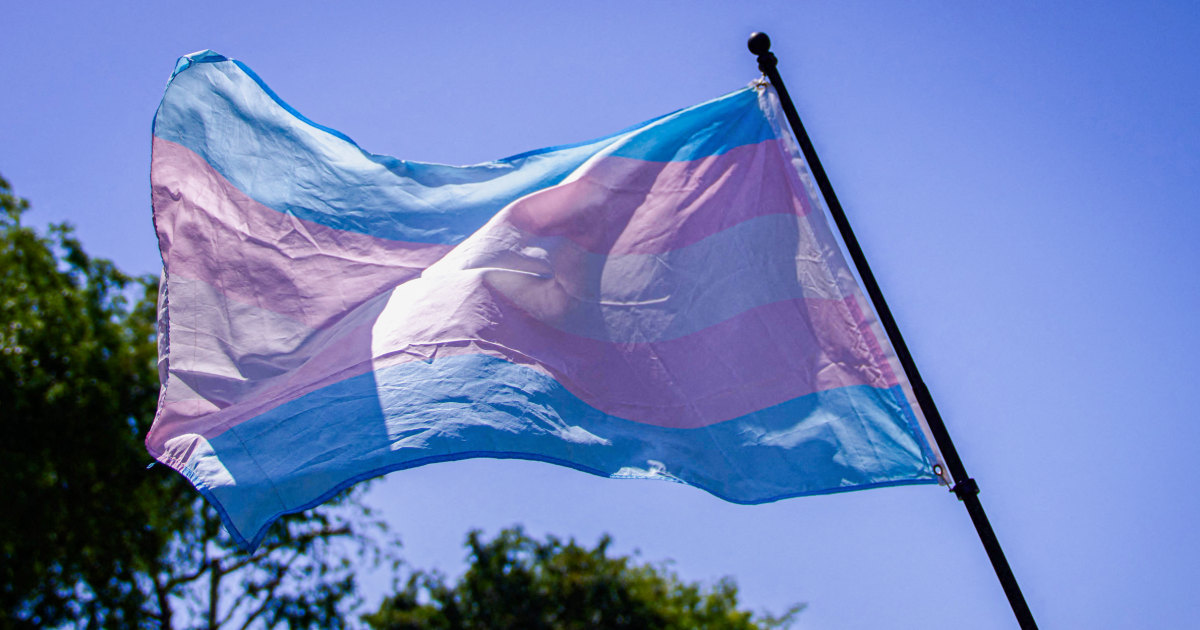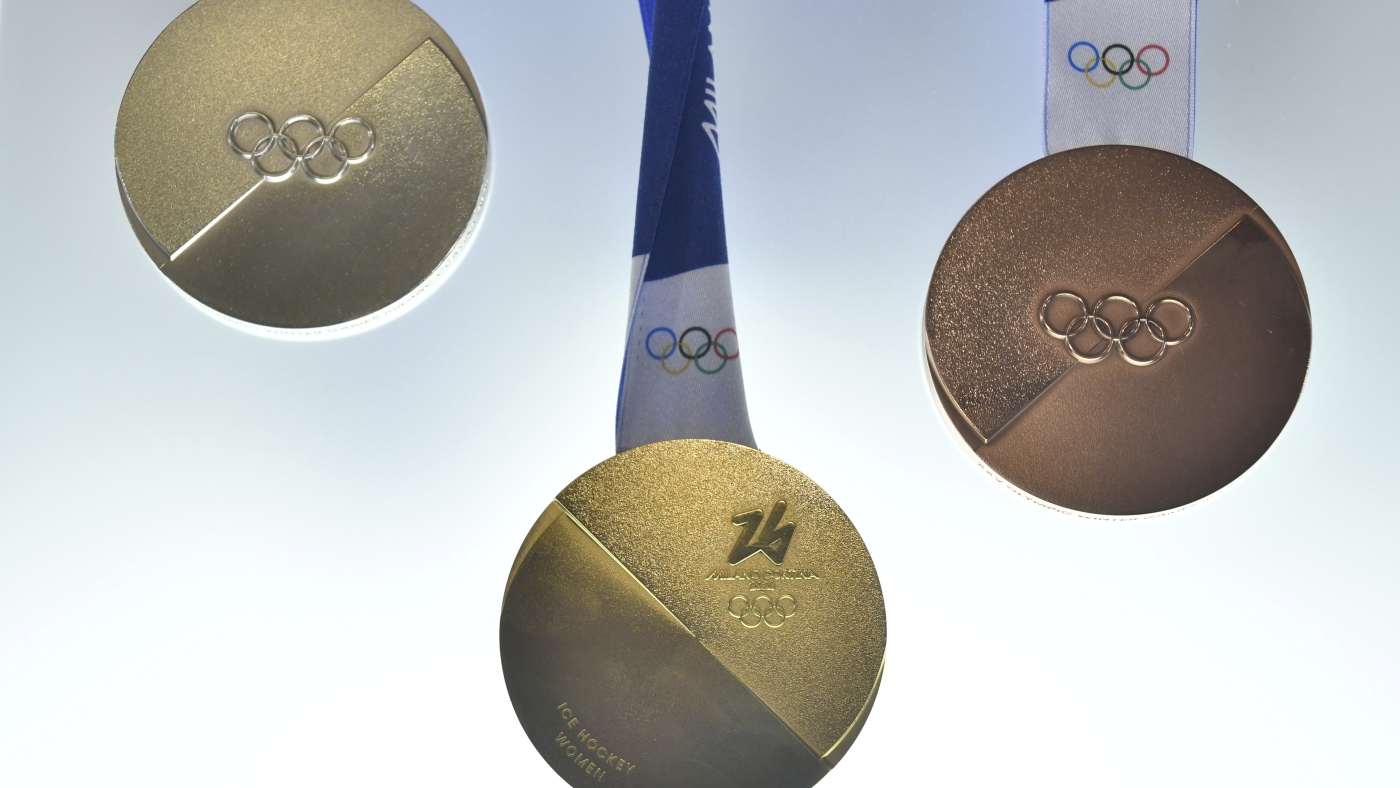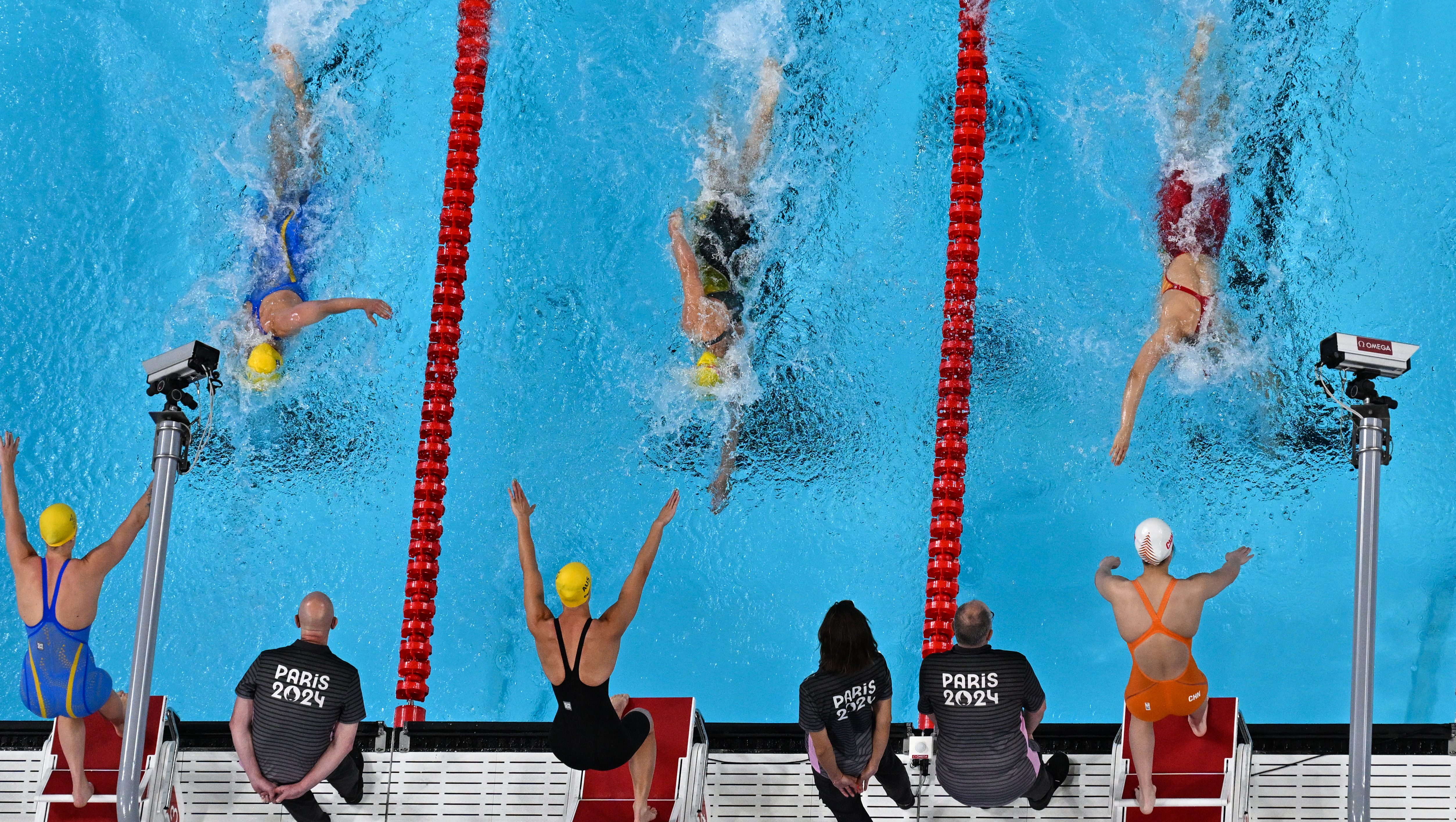T4K3.news
US Olympic Committee enforces ban on transgender women in sports
The USOPC will follow Trump’s executive order against transgender women in women's sports.

The U.S. Olympic and Paralympic Committee aligns policies with Trump’s order against transgender women competing in women's sports.
U.S. Olympic Committee adopts Trump's ban on transgender women in sports
The U.S. Olympic and Paralympic Committee has announced its compliance with President Trump's executive order that prohibits transgender women from competing in women's sports. This update, reflected in the newly revised Athlete Safety Policy, was made public without significant fanfare. Interestingly, the term "transgender" is not explicitly used in the 27-page document. The policy asserts the committee's commitment to upholding fair competition for women, as stated in Trump's Executive Order 14201. This order has stirred controversy, as it is believed to amplify existing divisions surrounding transgender athletes, particularly those born male who critics claim have physical advantages.
Key Takeaways
"The USOPC will continue to collaborate with various stakeholders to ensure fair competition."
This quote reflects the committee's commitment to uphold competitive fairness as dictated by new policy.
"Allowing transgender athletes within the NCAA to participate fulfills the true spirit of Olympism."
This statement, from a letter signed by over 400 athletes, emphasizes the importance of inclusion.
"Transgender athletes make up only a small portion of the overall competitive landscape."
The NCAA president highlighted the limited representation of transgender athletes in sports.
"Anti-trans legislation is largely fueled by propaganda and deception."
This quote comes from an athlete's letter opposing the newly adopted policies, underlining concerns about misinformation.
This policy shift highlights a significant moment in the ongoing debate about gender and sports. While supporters argue for fairness in women’s competitions, many believe this order deepens societal rifts and disregards the inherent rights of transgender athletes. The scientific debate on whether transgender women possess physical advantages remains unsettled, complicating the conversation further. With minimal representation of transgender athletes in competitive settings, it raises the question: at what point does policy not reflect the realities and rights of a minority?
Highlights
- Trans athletes deserve a fair chance to compete without discrimination.
- Inclusion is crucial in sports, not exclusion based on gender identity.
- Policies like these ignore the reality of athletics and human rights.
- The debate on trans rights in sports is far from settled.
Risk of Backlash on Trans Rights
The decision to ban transgender women from competing may lead to strong public and political backlash, as it raises significant ethical and human rights concerns.
This decision could impact future participation of transgender athletes in Olympic events.
Enjoyed this? Let your friends know!
Related News
US Olympic Committee announces ban on transgender women in women's sports

U.S. Olympic Committee imposes ban on trans women in sports

Southern Baptists propose resolutions against pornography and same-sex marriage

Southern Baptists propose resolutions on marriage and family

Trump signs executive order impacting college sports

Biden's Title IX changes face legal challenges

Trump signs executive order on college sports

World Athletics mandates gene tests for female athlete eligibility
